Rice vinegar is an acidic-tasting liquid commonly used in cooking. Rice vinegar is used to season a wide range of dishes but fresh salads most importantly. It is produced from fermented rice or rice wine and is extremely popular in China, Japan, Korea and Vietnam. Not only does it go by different names in different countries, it does not look the same everywhere either.
Characteristics of Rice Vinegar
Chinese rice vinegar is a lot stronger than that made in Japan. Its color can vary but is usually reddish to brown. Both Chinese and Japanese rice vinegar (especially the latter) possess a sweeter and lighter taste than vinegar produced in the West and because of this cannot be adequately replaced by it. Chinese rice vinegar is made from huangjiu - a type of rice wine.
Japanese rice vinegar goes by the name komezu or su. It is quite soft and pleasant. In it the amount of acetic acid is significantly less. It is distinguished by a whitish to pale yellow color. Sake and sugar may also be present in it. This type of vinegar is used to quell the strong smell of certain fish and meats.
Korean rice vinegar is called micho, Ssal sikcho and other names. It is the vinegar of choice for Koreans due to its saturated aroma and excellent nutritional value. This sour liquid is produced from special types of rice, brown rice being among them.
The rice vinegar made in Vietnam goes by the name dấm gạo or giấm gạo. In the Vietnamese variety there are both sour and spicy nuances present.
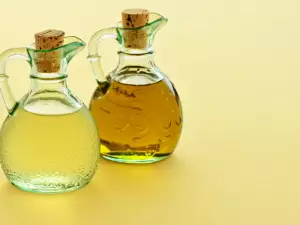
Types of Rice Vinegar
There is the so-called white rice vinegar, a white or pale yellow liquid. It has a relatively higher content of acetic acid in comparison to the other types of Chinese vinegars but still has a softer taste than the ones the Europeans use.
Black rice vinegar is famous as well, used in the southern precincts of China. It is made predominantly from a special type of rice but other components, including sorghum and millet, may be included in it. Black rice is characterized by a darker color and slightly smoky aroma.
There is one more type of rice vinegar - red. It is darker than white rice vinegar but lighter than the black equivalent. As you might guess, it is characterized by a reddish color and specific taste. The mold Monascus purpureus is present therein; it is said to help lower bad cholesterol.
History of Rice Vinegar
Asian peoples have used this sour substance for centuries. After its discovery it was mainly used to preserve fish since the locals noticed that it was able to dull the sharp odor of the sea animals. In antiquity, Japanese healers would use the vinegar as a remedy for a wide range of diseases. With time it also became a way to season salads and fresh products.
Choosing and Storing Rice Vinegar
Nowadays, rice vinegar can generally be found in large supermarket chains. Its price is higher than wine or apple cider vinegar but this is naturally due to its superb quality and exoticism.
As with all products, check the expiration date when buying a bottle of rice vinegar. As far as storage, it's enough to simply keep it away from light in a cool area. Keep in mind that after opening the bottle it needs to be kept in the refrigerator.
Cooking Rice Vinegar
Since rice vinegar is mainly preferred in Asian cuisine, you can apply it successfully to all recipes from Chinese, Japanese, Korean and Vietnamese cuisines. Fish and seafood delicacies such as crabs, octopi, squid, mussels and others are the ones most often seasoned with it.

It is suitable for seasoning fresh salads, as well as cooked dishes (especially fried). It harmonizes ideally with cabbage, carrots, peppers, corn, pickles, tomatoes, avocados, seaweed, potatoes, rice, sprouts, bamboo, mushrooms. It is also a must when it comes to preparing the perfect sushi.
Benefits of Rice Vinegar
For centuries now rice vinegar has been used in the battle with all kinds of diseases. Today, the healing properties of the sour liquid receive backing from numerous studies. For example, Japanese scientists have proven that rice vinegar has a beneficial effect on blood pressure.
For this reason it is recommended for people suffering from hypertension who have not yet found a way to deal with their high blood pressure levels. A different plus to this vinegar - it has been discovered that it affects glucose levels in the human body as well.
About 10 years ago it was also found that rice vinegar has antibacterial properties and is capable of killing bacteria responsible for gastrointestinal infections. Further, an experiment conducted not too long ago revealed that the consumption of Japanese rice vinegar affects tumor growths in the liver by shrinking them. Still other research has shown that rice vinegar has a beneficial effect on the large intestine. Experts are praising the substance for other reasons too.
Based on their accounts, it diminishes the levels of specific enzymes that negatively impact the cell walls of the liver. Thanks to the acetic substance, the cells can last longer and continue to function properly. Rice vinegar is especially healthy for people suffering from diabetes since it normalizes blood sugar levels.
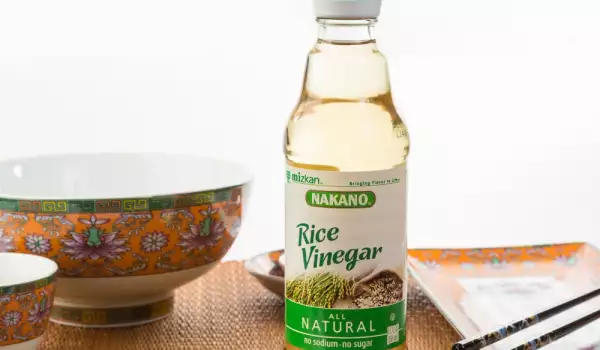
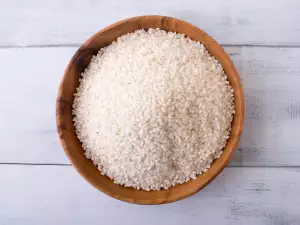

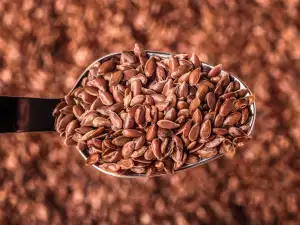
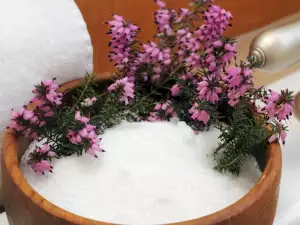
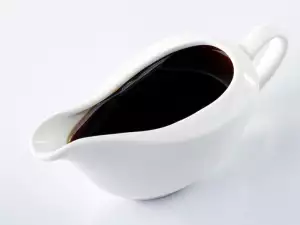



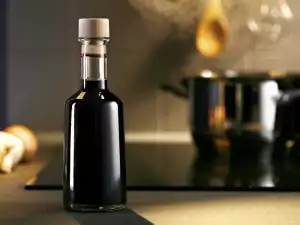
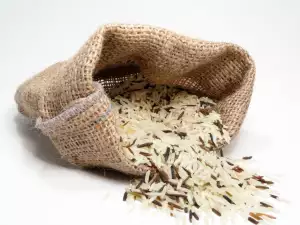
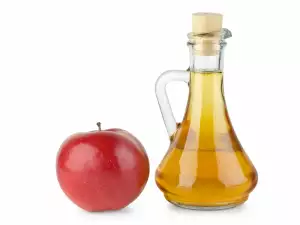







Comments